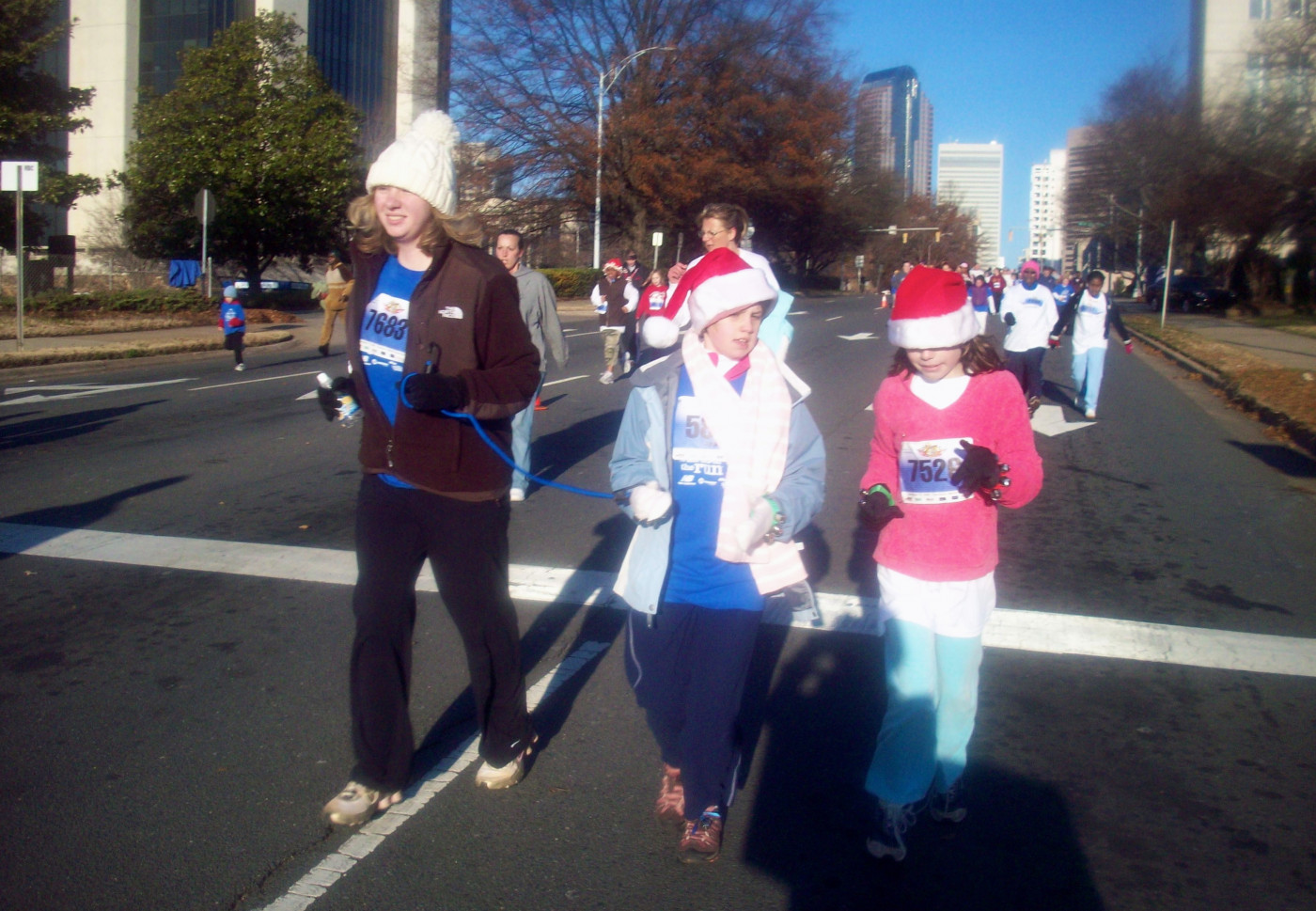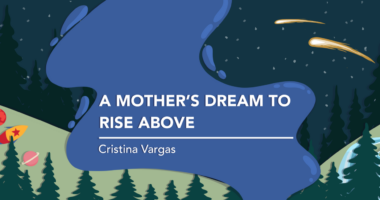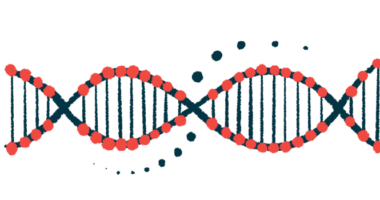3.1 Ways to Fight Your Rare Disease

Taylor finishing a 5K race in 2008. (Photo by Andrew Swistak)
My life changed forever 13 years ago. In the space of a few months, I started a new job, bought my first house, got married, and searched “neuronal ceroid lipofuscinosis” (Batten disease) for the first time.
I’ll never forget that phone call: I was writing a press release at work, and Mom and Dad were sitting in a hot car at the geneticist’s office, unable to move. Mom’s voice quivered like an elephant on a tightrope, and I struggled to understand her words.
Here’s what I gathered in the first 30 seconds: Batten disease causes blindness, seizures, cognitive problems, and motor impairment. It is fatal and has no known cure. I found out that it’s inherited, meaning I could have it, too. I didn’t, though.
But we all got sick the day of my sister Taylor’s diagnosis. A monster like Batten disease can destroy even the strongest families, causing unimaginable emotional, financial, mental, physical, and social turmoil.
It’s been a rough road for all of us. I’ve had my fair share of scrapes and bruises, but I’m still running — to the next good thing and a better future for people like Taylor.
In my first column, I shared three lessons that I’ve learned as a rare disease sibling and advocate. Think of the following list as an appendix: small but mighty steps to living your best life and fighting your best fight, whether you have a rare disease or love someone who does.
1. Demand better
Whether it’s pool therapy, specialized services at school, or medications to address seizures and other symptoms, take advantage of every available resource to improve quality of life. If the services you need aren’t readily available, demand them. For example, Taylor received pool therapy and equine (horse) therapy, and she followed a ketogenic diet. These and other measures improved her quality of life and probably lengthened it. When they were taken from her by a system that didn’t understand or care about what she needed, she suffered.
2. Embrace what you have
Without approved treatments, Batten disease can and will eventually take what it wants. The road has to end somewhere for people like my sister, as it does for all of us. But you can embrace what you have now — Taylor lived by that philosophy every day. As Martin Luther King Jr. once said, “If you can’t fly then run, if you can’t run then walk, if you can’t walk then crawl, but whatever you do you have to keep moving forward.”
3. Laugh
Taylor spoke her last words, “I’m hungry,” while in the hospital waiting for surgery to have a feeding tube placed. Though she couldn’t communicate with words in the final years of her life, my sister laughed almost to her last days. Nothing could light up a room like Taylor’s laugh. Did you know that laughter releases endorphins in the brain? So, if you don’t feel like laughing, remember you’ll feel happier if you do. It’s scientifically proven!
3.1 Have faith
I’m calling this tip “3.1” as a nod to the 5K — the race distance my sister ran twice after losing her vision to Batten disease. But it’s also a salute to the last stretch of any race, where you have to dig deep for that final push to get you over the finish line. It’s the hardest but also the most rewarding part, whether you’re running 100 miles or 100 feet. I could say the same for faith.
When it comes to CLN1 disease and many other chronic disorders, the effects linger long after the death of your loved one. Two rolls of the genetic dice — one for me, another for my sister — have haunted me for 13 years. I often think about why I escaped this diagnosis and wonder what life would have been like if she’d been spared, too.
But I’m here, and I can live. I can love.
I can have faith.
***
Note: Batten Disease News is strictly a news and information website about the disease. It does not provide medical advice, diagnosis, or treatment. This content is not intended to be a substitute for professional medical advice, diagnosis, or treatment. Always seek the advice of your physician or other qualified healthcare provider with any questions you may have regarding a medical condition. Never disregard professional medical advice or delay in seeking it because of something you have read on this website. The opinions expressed in this column are not those of Batten Disease News or its parent company, Bionews Services, and are intended to spark discussion about issues pertaining to Batten disease.






Comments
Elizabeth S Loring
As the grandmother of Haley Pollman, I have heard of your sister Taylor and her foundation. It was the inspiration for the foundation my daughter started for Haley. We were at the house when Dean and Melissa received the news about Batten's CLN1. You and your family know how we feel. I love this open column that you have written because it so expresses all of our hopes and dreams and REALITY..Bless you and your family for lighting the way. Elizabeth S Loring
Laura King Edwards
Thank you for your open, honest note. Dean and Melissa are doing great work in Haley's name. I was honored to share the road with Melissa when she ran the Charlotte Half Marathon with me last November, and I loved meeting her, Dean and especially Haley. Please keep in touch, and never stop believing!